In the context of integration and globalization, education in national culture and arts plays an important role, contributing to the formation of the young generation and comprehensive development of Vietnamese people.
Recognizing the need for traditional cultural and artistic education, finding solutions to help students gain a deeper understanding of national culture, especially the cultural identity of ethnic groups in the locality where they live, becoming comprehensively developed people, confidently integrating without losing their identity in the new era is an issue of concern to many experts and managers.
Implementing comprehensive education goals
National culture and art are the crystallization of traditional culture throughout the process of building and defending the country of the Vietnamese people.
Experts affirm that in the context of the country being on the path of integration and development, especially with information technology covering everywhere, the work of educating students about national culture and arts is truly an important content for education in current training institutions.
Associate Professor Huynh Quoc Thang (University of Social Sciences and Humanities, Ho Chi Minh City National University) stated that in the context of increasingly expanding industrialization, modernization and globalization, national cultural and artistic values are not only the fulcrum of national cultural identity but also the "soul" of national development in the new era.
Cultural and artistic education is an important content of school education and social education, one of the major orientations related to the comprehensive education goal (intelligence, morality, physical fitness, aesthetics) of the national education system.
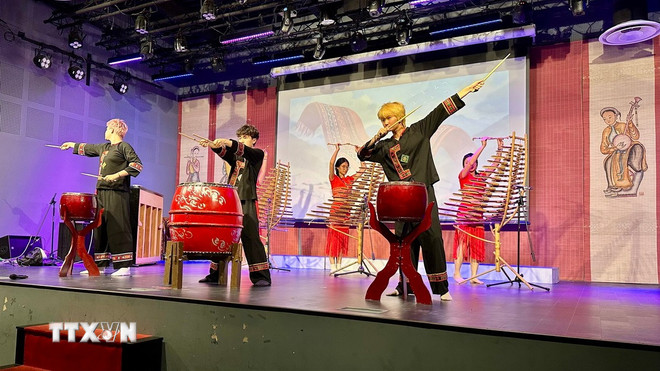
For Vietnam, education on ethnic culture and arts, including ethnic minorities in and out of schools in localities, is a very meaningful issue.
According to Associate Professor Huynh Quoc Thang, since 2018, the general education program issued by the Ministry of Education and Training has added a new subject called Local Education with basic, topical issues about culture, history, geography, economics, society, environment, career orientation...
Thereby, equipping students with knowledge about their place of residence, fostering love for their homeland, responsibility to the community, knowing how to appreciate and promote traditional culture, especially the cultural identity of ethnic groups in the locality where they live.
Also concerned about the issue of education in national culture and arts, citing evidence from the teaching of Vietnamese folk literature, Dr. Nguyen Huu Nghia (Ho Chi Minh City University of Education) expressed his concern: the issue of education in national culture and arts is becoming increasingly urgent in the context of technology transfer and global cultural exchange taking place widely and strongly following the trend of establishing a flat world order.
The forms of youth singing, labor songs, and traditional festival performances are becoming less common. Instead, people use idioms, proverbs, and folk songs to chat on Facebook, in reality TV shows, compose music, and create product promotion strategies, and apply narrative elements in myths, legends, and fairy tales to create music videos, movies, and video games.
This reality shows that folk literature and traditional arts are living a different life in line with the trend of the times. In this situation, there needs to be reasonable solutions for learners to approach the operation of modern social life appropriately.
Preserving values, continuing the quintessence of national culture
To preserve and promote the value of traditional culture and art, educational activities need new solutions, in which educational activities in schools are very important.
According to Dr. Nguyen Ho Phong (Ho Chi Minh City University of Culture), there has been a change in the behavior of enjoying traditional art among young audiences, including an important part of students.
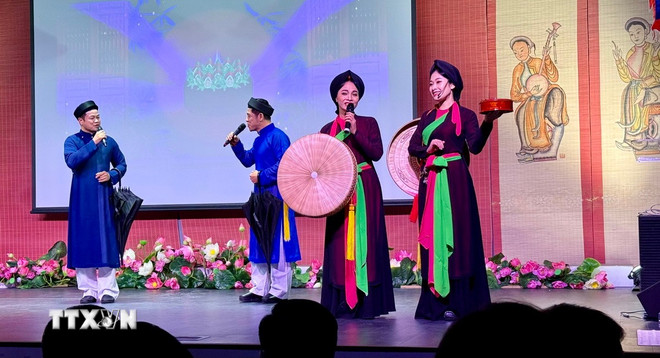
With the support of digital technology, video technology is integrated into smartphones, internet-connected computers, and televisions, students have many opportunities to choose, access, and satisfy their needs for enjoying art and entertainment without being limited by time and space.
From that reality, clearly recognizing the role of the school environment in forming the public's "artistic and cultural capital", Ho Chi Minh City has implemented many solutions according to the "school stage" model; integrating some traditional arts into the extracurricular activities of students. This is an effective solution that needs to be promoted.
Recently, at Nguyen Thi Minh Khai High School (Ho Chi Minh City), within the framework of the interdisciplinary project integrating local education literature and career guidance experience, the program to continue the quintessence of bringing the art of hát bội into schools was successfully organized.
According to Ms. Nguyen Thi Hong Chuong, Principal of Nguyen Thi Minh Khai High School, through the program, many students were introduced to the art of hát bội (traditional opera) for the first time - one of the cultural heritages of the South. Many students went from being surprised to being interested and passionate about learning about the makeup techniques, choreography and the highly symbolic way of expressing emotions on stage of this art form.
The children found it very interesting to understand that with the art of hát bội, sometimes just the color of a character's costume can express the character's personality as "an honest or a wicked person, a gentle or an evil person."
Such knowledge of traditional arts will be the luggage for students to confidently integrate. In the future, many students will be the ones spreading the beauty of national art and culture to friends around the world.
Regarding higher education, Dr. Nguyen Phuoc Hoang (Bac Lieu University) shared that ethnic cultural education is one of the important educational activities in high schools up to university level, including Bac Lieu University.
The school is located in an area with many ethnic groups living together such as Kinh, Hoa, Khmer, etc., so it pays special attention to preserving and promoting ethnic cultural values.
Through a number of methods and forms of organizing ethnic minority cultural education activities, the school is contributing to improving the quality of comprehensive education.
During the training process, the specialized faculties of Bac Lieu University pay attention to incorporating ethnic cultural education into the curriculum through general courses for all majors, helping students learn and explore the culture, language, history, customs and practices of ethnic groups.
Along with that, the school actively propagates on the internal information system, integrating ethnic cultural education in general and ethnic minorities in particular through Party resolutions and the State's ethnic policies so that students can better understand.
The school's Information-Library Center and the Information and Communication Department of specialized faculties post a lot of information on the website or through billboards and slogans, contributing to educating students about ethnic culture, helping them understand more deeply, be proud and aware of preserving and promoting the cultural identity of ethnic communities./.
Source: https://www.vietnamplus.vn/giao-duc-van-hoa-dan-toc-trong-boi-canh-hoi-nhap-toan-cau-hoa-post1048042.vnp


![[Photo] Prime Minister Pham Minh Chinh chairs the Government's online conference with localities](https://vphoto.vietnam.vn/thumb/1200x675/vietnam/resource/IMAGE/2025/10/5/264793cfb4404c63a701d235ff43e1bd)
![[Photo] Prime Minister Pham Minh Chinh launched a peak emulation campaign to achieve achievements in celebration of the 14th National Party Congress](https://vphoto.vietnam.vn/thumb/1200x675/vietnam/resource/IMAGE/2025/10/5/8869ec5cdbc740f58fbf2ae73f065076)




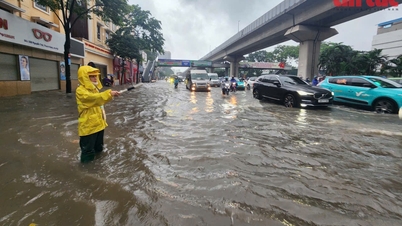

![[Photo] Bustling Mid-Autumn Festival at the Museum of Ethnology](https://vphoto.vietnam.vn/thumb/402x226/vietnam/resource/IMAGE/2025/10/4/da8d5927734d4ca58e3eced14bc435a3)

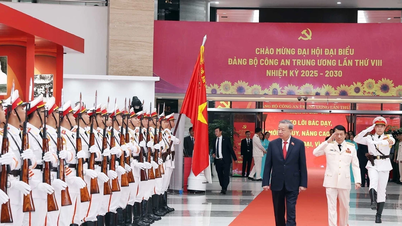
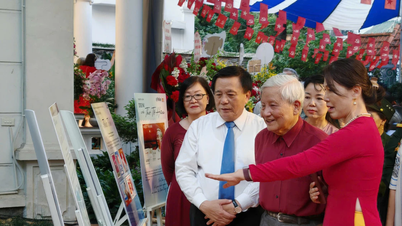
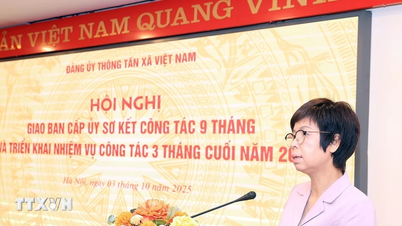
![[Photo] Students of Binh Minh Primary School enjoy the full moon festival, receiving the joys of childhood](https://vphoto.vietnam.vn/thumb/402x226/vietnam/resource/IMAGE/2025/10/3/8cf8abef22fe4471be400a818912cb85)
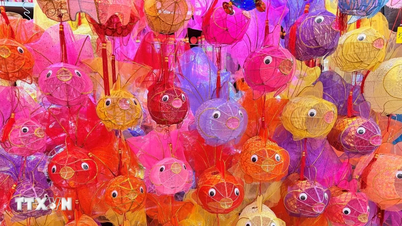
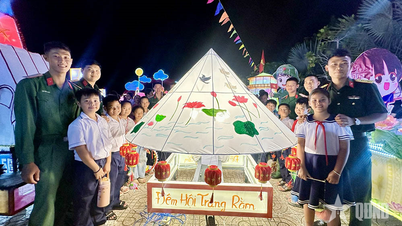

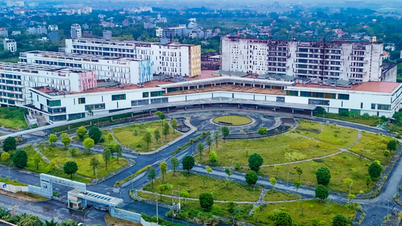

![[Video] Jelly Mooncakes: New Colors for the Mid-Autumn Festival](https://vphoto.vietnam.vn/thumb/402x226/vietnam/resource/IMAGE/2025/10/5/abb1d390ee7f452b9110fca494ba0d77)
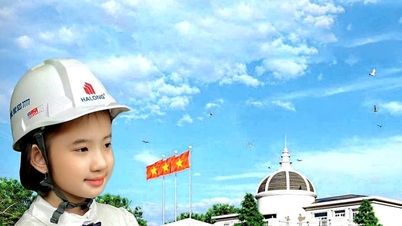

![[Video] Traditional moon cakes attract customers](https://vphoto.vietnam.vn/thumb/402x226/vietnam/resource/IMAGE/2025/10/5/0a98992e8c92419fa9ea507de23e365d)




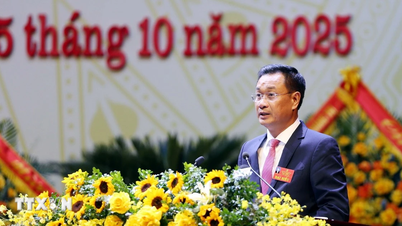
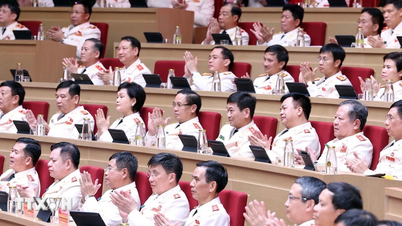
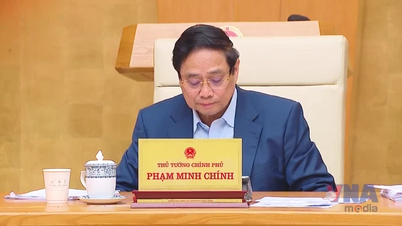
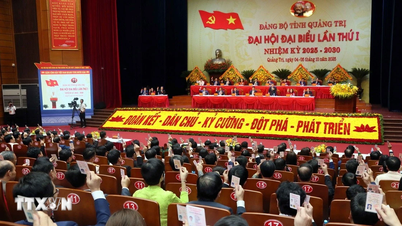
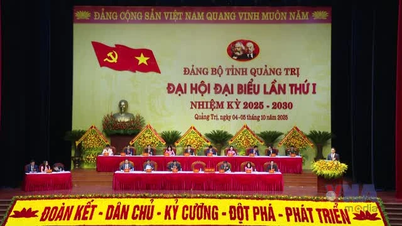
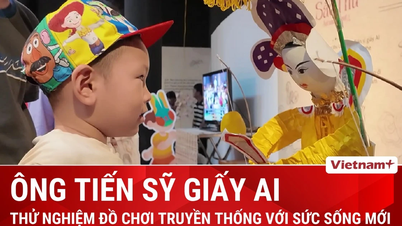

























![[VIDEO] Summary of Petrovietnam's 50th Anniversary Ceremony](https://vphoto.vietnam.vn/thumb/402x226/vietnam/resource/IMAGE/2025/10/4/abe133bdb8114793a16d4fe3e5bd0f12)

![[VIDEO] GENERAL SECRETARY TO LAM AWARDS PETROVIETNAM 8 GOLDEN WORDS: "PIONEER - EXCELLENT - SUSTAINABLE - GLOBAL"](https://vphoto.vietnam.vn/thumb/402x226/vietnam/resource/IMAGE/2025/7/23/c2fdb48863e846cfa9fb8e6ea9cf44e7)
















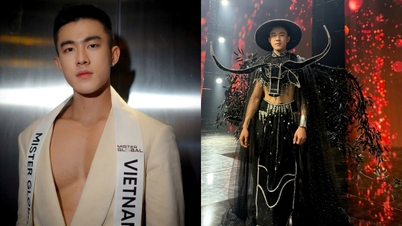

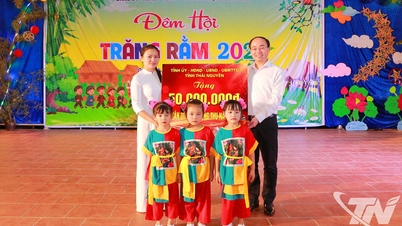


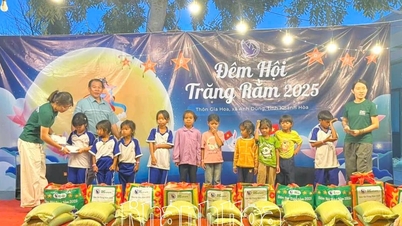














Comment (0)